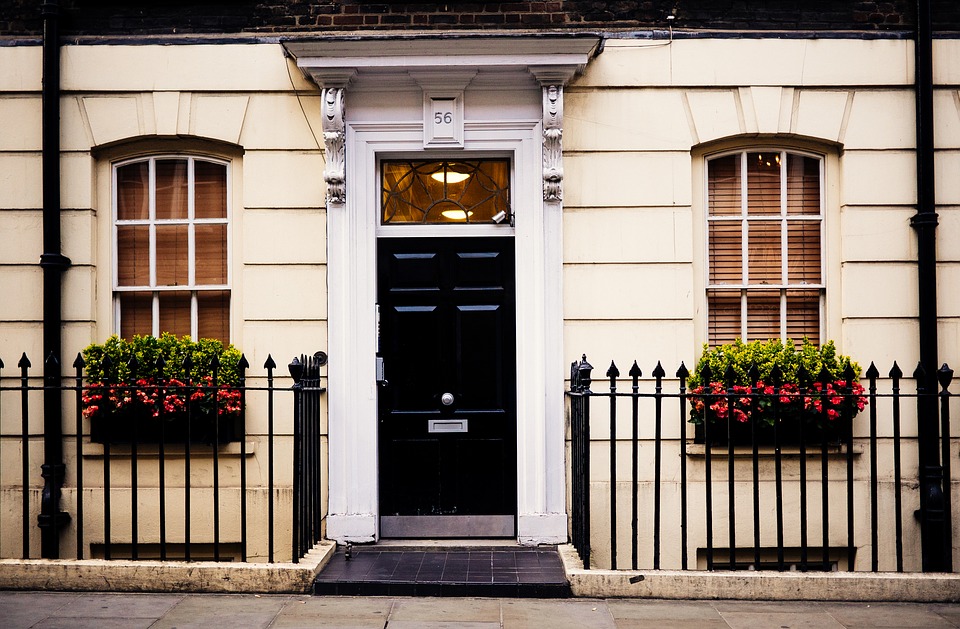When viewing your house’s structure and design alongside its landscaping, there is one factor that plays an important role in the exterior and interior design: the windows and doors. People say a home’s’ windows and doors frame the overall appearance of their home. They can add an aesthetic to the house’s structure; adding more lighting to rooms, making it appear larger and allowing for better air circulation.
As you begin thinking about replacing your windows and doors, ask yourself these questions:
- What do you like about your current windows and doors (appearance, trim, operation)?
- Are there any recurring issues (cold drafts, overheating, poor operation, water leaks, condensation, etc.)?
- Do your current windows function or work well? Is their location where you would like them to be? Do they permit enough natural sunlight and ventilation?
- Are there any fixed windows you want to replace with accessible windows that open?
- Do you want to improve the security of your windows and doors, or reduce outdoor noise due to traffic or other sources?
- Is energy efficiency a main goal for your replacement project? Do you want to benefit from existing energy efficiency incentive programs?
Make sure to discuss these questions with your contractor to provide a thorough assessment and scope of your project. We always examine both the outside and inside of the home or multi-family property; to look for any signs of water penetration and moisture. These types of intrusion problems are usually a strong indicator that your windows and doors need to be replaced to prevent further damage from occurring in your home.
It’s always a good idea to improve the natural ventilation with new windows. Determine the location and type of operable window unit would work best for your home. You can increase ventilation by using more window units, preferably located on opposite or adjacent walls to encourage cross ventilation. If cross ventilation is not possible, a single window can ventilate a room effectively when opened at the lower part of the window and flow out at the top. There are numerous types of operable windows available. Ask your replacement window contractor about different styles of operators and how they impact appearance, ventilation, security and ease of use.
If you want to limit outdoor noise, using laminated glass in windows and glass doors works well in blocking noise. Furthermore, when combined with appropriate hardware, they can also be highly resilient to many types of forced entry. We offer products with noise-blocking and higher security options that give more added protection.
If you are considering taking advantage of a window replacement incentive program, learn about the program’s requirements before you commit to new work. With most incentive programs may need you to start with an energy audit to be qualified for rebates. An audit may also recognize additional energy efficiency procedures you may want to consider for your project.
Use these questions as a checklist to better understand what kind of windows and doors you are looking for.


